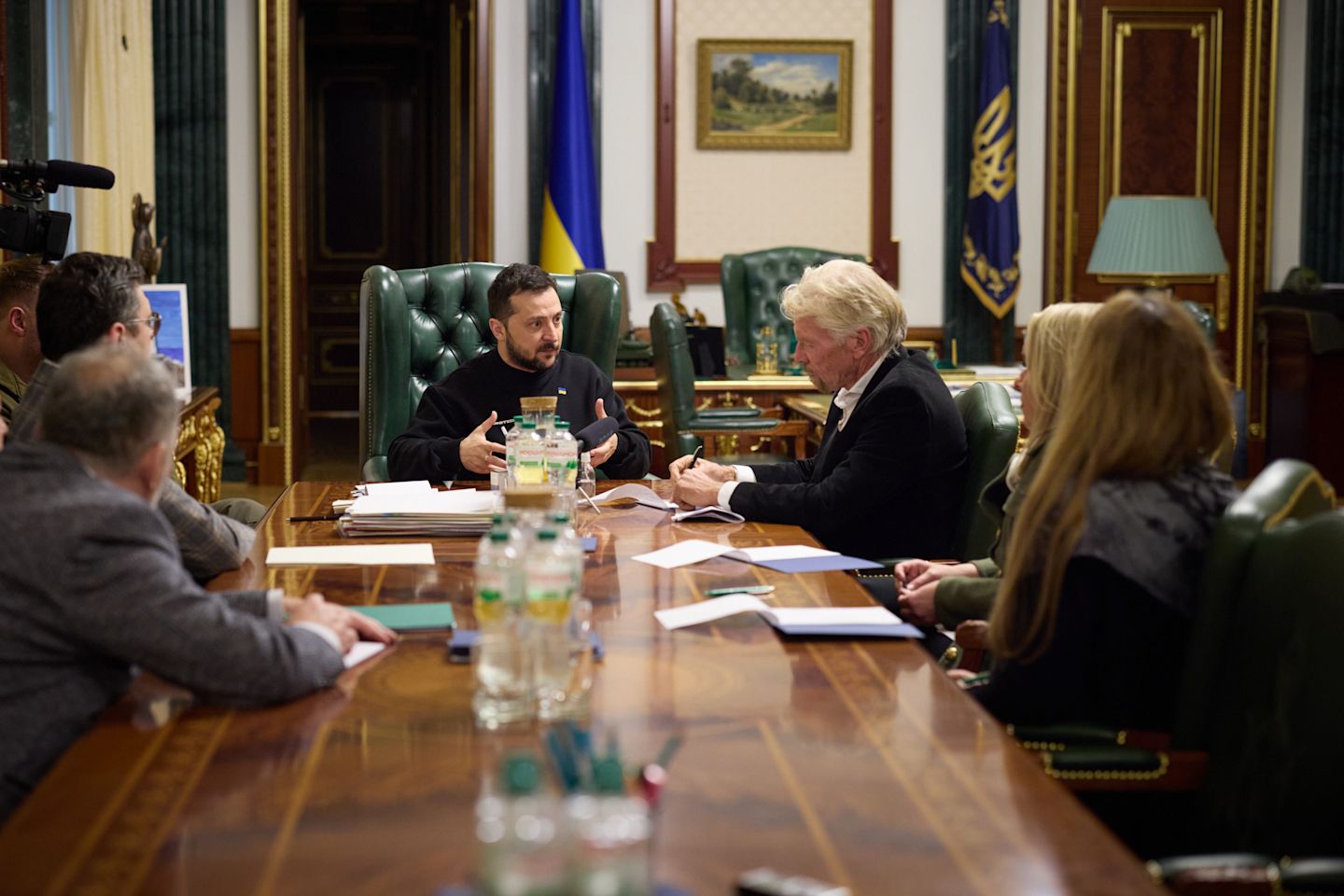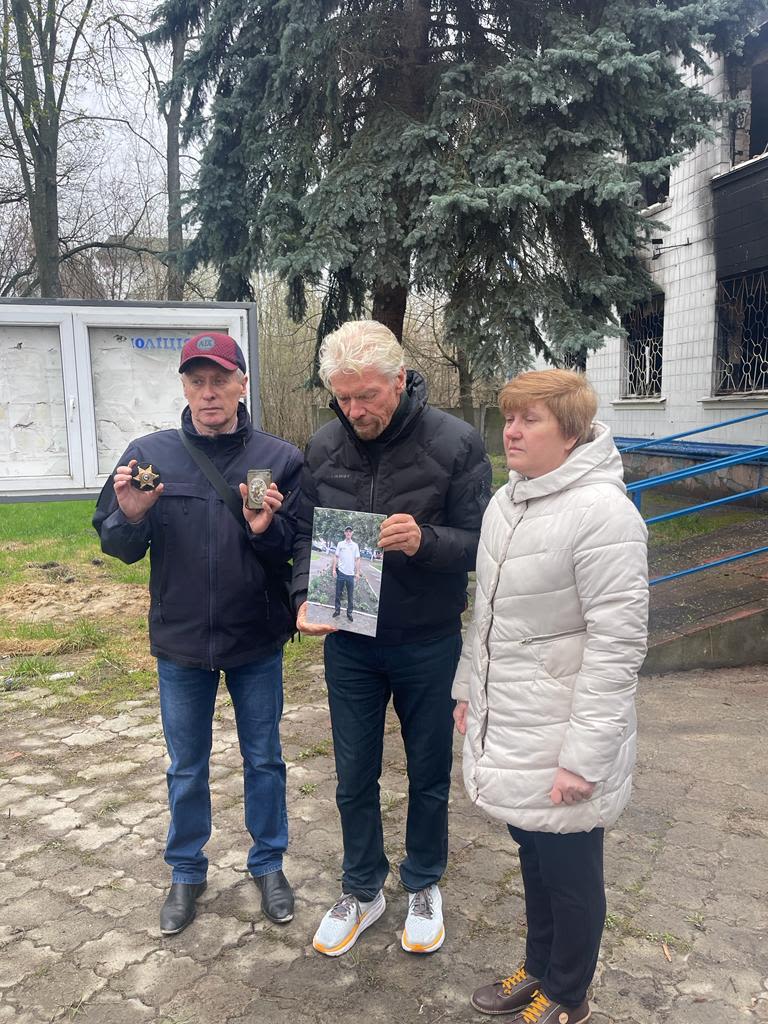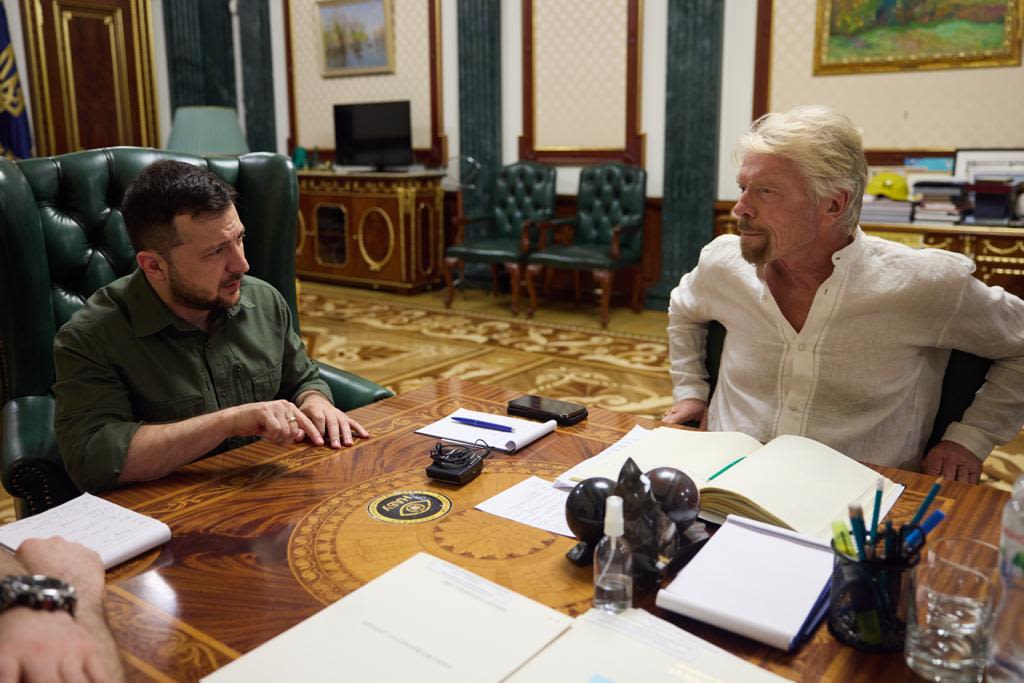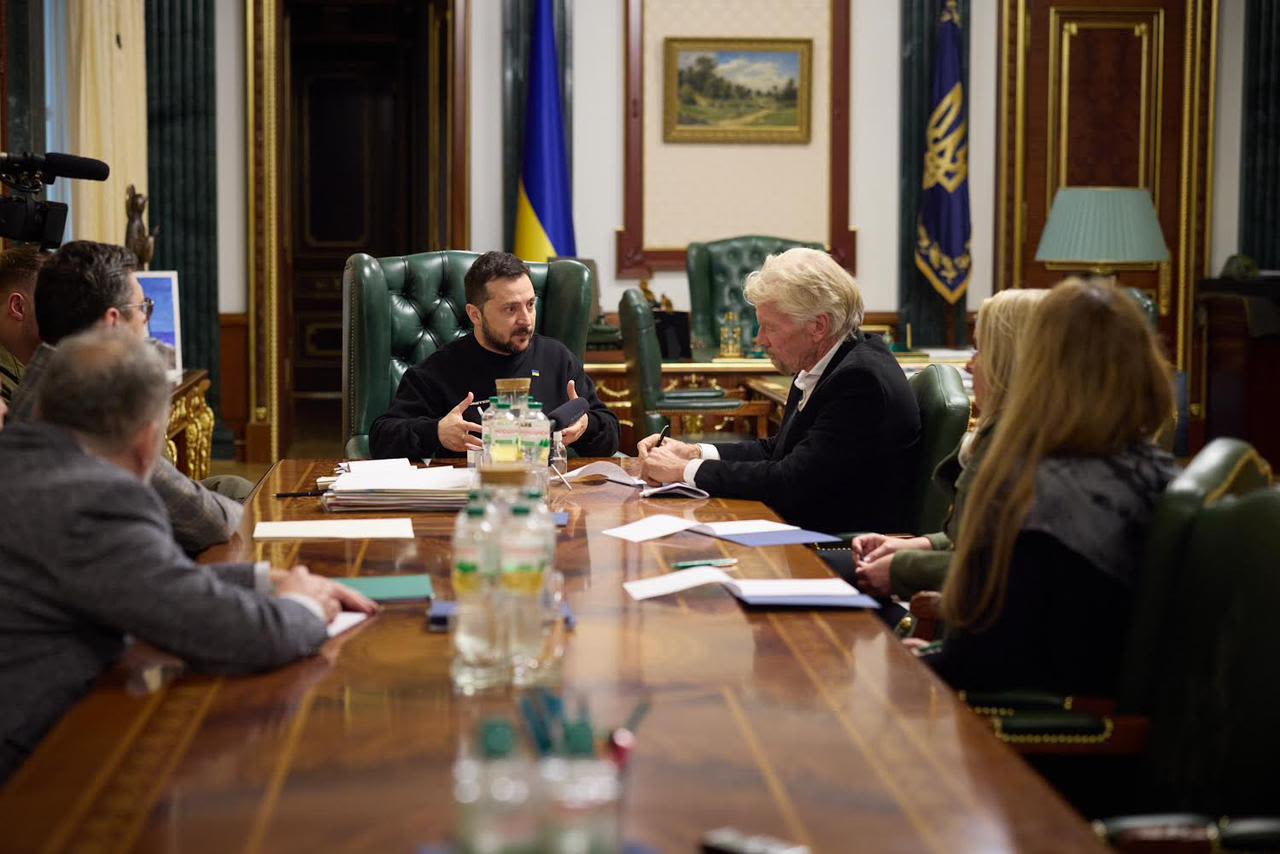This is not fiction
“Give up your nuclear weapons (to us) and in return, we will guarantee to respect your sovereignty, your independence, and your borders.” So said Russia to Ukraine in 1994. “That is a great idea,” said the US and the UK. “The fewer countries that have nuclear weapons, the smaller is the chance of another world war. We, too, will guarantee your sovereignty, your independence, and make sure your borders are respected and protected.”
This is not fiction. As more than 1000 days have now passed since Russia’s illegal and brutal invasion of Ukraine began, I am reminded once again of both the spirit and the words of the 1994 Budapest Memorandum, a treaty compelling Russia, the US, and the UK to offer security and sovereignty guarantees after Ukraine agreed to let go of the vast stockpile of nuclear weapons. The Memorandum’s key passages read as follows:
The United States of America, the Russian Federation, and the United Kingdom of Great Britain and Northern Ireland, reaffirm their commitment to Ukraine, in accordance with the principles of the CSCE [Commission on Security and Cooperation in Europe] Final Act, to respect the Independence and Sovereignty and the existing borders of Ukraine.
The United States of America, the Russian Federation, and the United Kingdom of Great Britain and Northern Ireland, reaffirm their obligation to refrain from the threat or use of force against the territorial integrity or political independence of Ukraine, and that none of their weapons will ever be used against Ukraine except in self-defense or otherwise in accordance with the Charter of the United Nations
Russia’s commitment to the Memorandum was first shattered when it illegally invaded and annexed Crimea in 2014. Putin’s attack on 24 February 2022 removed any remaining doubt about his true intentions. Not faced with the deterrent of Ukraine’s nuclear weapons, Putin was out to absorb as much of Ukraine as he could while ignoring his pledge to the people of Ukraine and to the world.
But Russia’s complete disregard for the Budapest Memorandum doesn’t just cast a dark shadow on Ukraine’s future. It’s also a slap in the face of multilateral institutions and their difficult work to negotiate complex agreements, particularly when it comes to disarmament. After seeing what happened to Ukraine, which country in possession of nuclear weapons, at present or in the future, will ever agree to give up its arsenal again? And sadly, which country that doesn’t have nuclear weapons now will be next to seek them as a deterrent?
Most people have never heard of the Budapest Memorandum and the important commitments enshrined in it. But if treaties like it cannot be relied on when relationships between nations sour, what other options does the world have left before it descends into anarchy or worse? For those of us who grew up believing in the power of global cooperation to solve conflict and tackle the tough challenges we all face, this doesn’t bode well. The rule of law is under attack, and it’s time to defend it in words and in actions.






